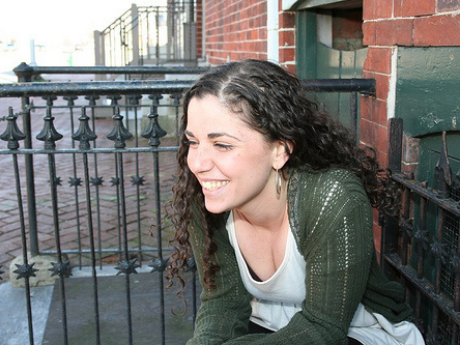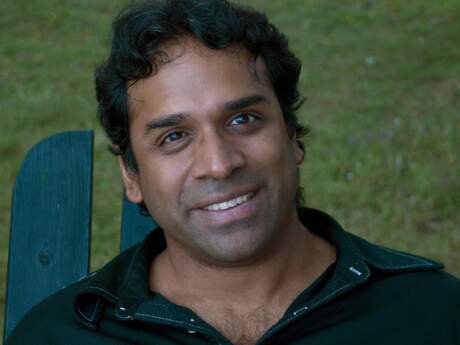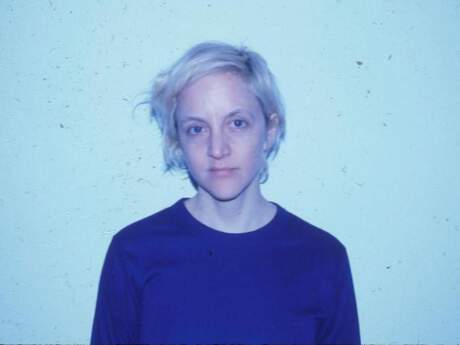Q & A: American Poetry
Q & A American Poetry: Michelle Taransky

"American poets have always been one of the real sources of news—news you couldn't get from Time/Life."
-Allen Ginsberg, interviewed by Paul Carroll in 1969 for Playboy
Like Whitman traveled to the Rocky Mountains and remarked that in the land's natural formation, "I have found the law of my own poems," I have had the experience of reading poems whose laws formed a picture of particular American landscapes. Without traveling to Gloucester, MA or Amherst, MA, Patterson, NJ or Black Hawk Island, WI, I saw those Americas while reading Olson, Dickinson, Niedecker and Williams, and underwent each poet's manner of shaping and organizing language, like a farmer moving across the country and working his fields of land into plots.
The same process of coming to know is true of how I first saw other American geographies and regions, and came to understand tropes like: the open field, the company, the big table, the American Sentence—this process is one where writing forms an object, and where, as Zukofsky says in Prepositions, words "are absolute symbols for objects, states, acts, interrelations, thoughts about them."
American poems continue to help me confuse American things with American poems.
In Specimen Days, Walt Whitman calls for a new American poetry that would allow to be seen "all those inimitable American areas fused in the alembic of a perfect poem, or other esthetic work, entirely western, fresh and limitless—altogether our own, without a trace or taste of Europe's soil, reminiscence, technical letter or spirit."
A poem can change how we see America. A poem can change how we see poems. The re-functioning of the category of American Poetry can re-function poetry.
After Ferlinghetti heard Ginsberg reading Howl at the Six Gallery he said, "I never saw anyone read that kind of poetry before. I never saw the world like this before.. . [Ginsberg] can show you reality that you've never seen before."
And still, this projection, this ever about-to-emerge "American Poetry" remains. Like the unsaid, the yet to be translated, the not quite formed, "American Poetry" may be about to be figured.
During a conversation with students at Kelly Writers House, Myung Mi Kim addresses the potential for saying it and the politics linked to groupings or definitions like "American Poetry:" "I think the whole notion of untransibility, unsayability, the unsayable remains a profound interest again both linguistically, culturally and politically. The what isn't there, what isn't, what can't be said. The kind of immanence and the emergence implied in that state of the unsaid, I think, has to be a certain kind of social force. "
This American poetry I am writing about coming to understand here is really American Poetries and it's been generated by reading Amiri Baraka, Charles Bernstein, Robert Creeley, Emily Dickinson. Allen Ginsberg, Langston Hughes, Lorinne Niedecker, Frank Ohara, Charles Olson, George Oppen, Joel Oppenheimer, Charles Reznikoff, Jerome Rothenberg, Muriel Rukeyser, Jack Spicer, Gertrude Stein, Walt Whitman, William Carlos Williams and Louis Zukofsky. I say it's been generated, but really, it's being generated over and over again.
In his forward to the Dalkey Archive edition of Gertrude Stein's Making of Americans, William H. Gass notes the title's capacity to include both "the process whereby Americans are made" and "the process whereby Americans make anything." As Stein works through "the disembodied quality of the American character," where Americans are defined by what "whatever Americans actually made," The Making of Americans, like the category: "American Poetry" I address here, sets up both the process whereby American Poetry is made and the process whereby American Poetry makes anything.
Published 2010.


